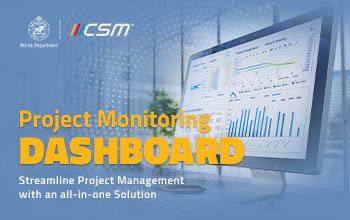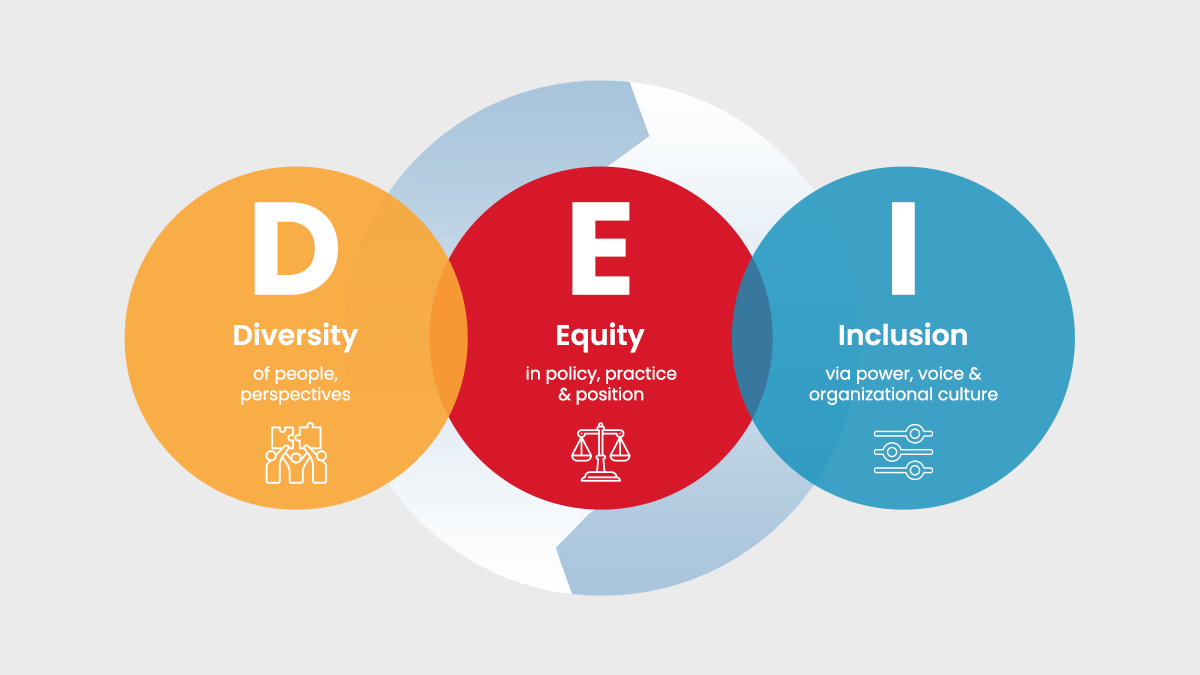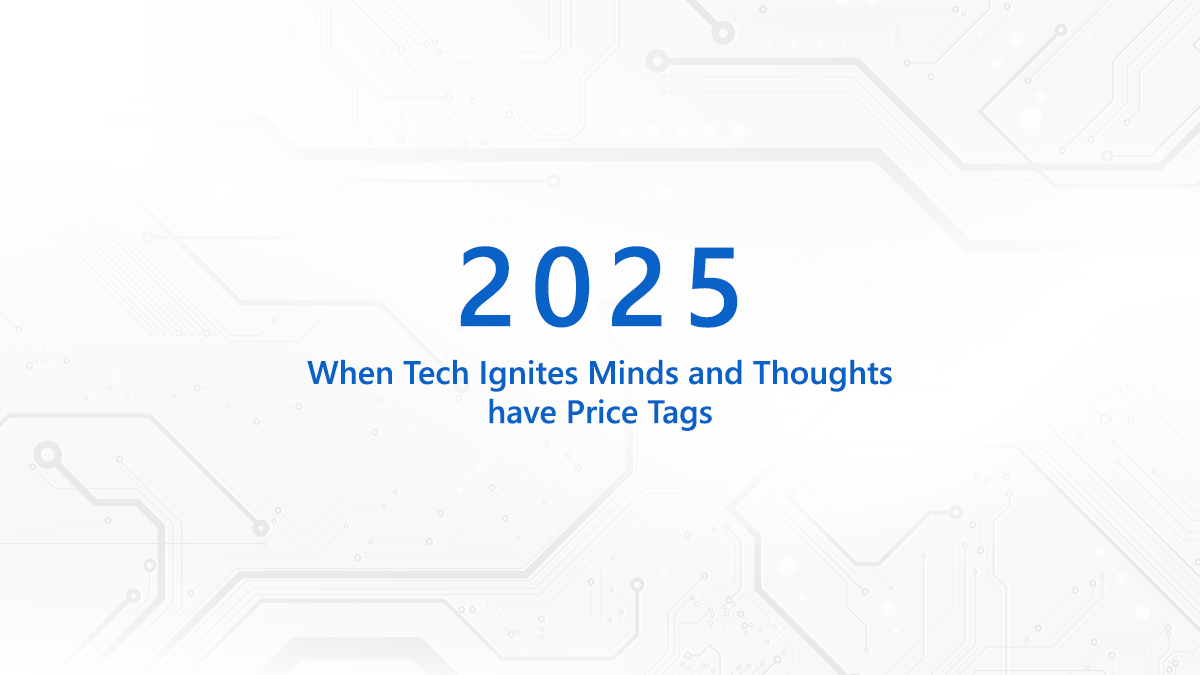The rapid proliferation of Artificial Intelligence (AI), especially Generative AI has shaken up industries and societies. At the same time, it has paraded risks connected with this world tilting technology and the need for robust guardrails and governance frameworks. A recent report by the UN’s AI advisory body flags a ‘global governance deficit’ that leaves vast swathes of the world excluded from critical conversations about AI's future. This governance gap isn't just a matter of policy - it's a looming threat to equity, security, and human progress intertwined with AI development.
.jpg)
The UN report reveals a stark disparity: while seven nations participate in all sampled AI governance efforts, a staggering 118 countries - predominantly in the Global South - are party to none. This imbalance echoes historical patterns of technological colonialism, where the benefits and decisions surrounding transformative technologies are concentrated in the hands of a privileged few.
The consequences of this governance vacuum are far-reaching. Unchecked, AI systems risk amplifying existing societal biases, exacerbating inequality, and eroding privacy on an unprecedented scale. The job displacement caused by AI-driven automation could trigger economic upheaval rivaling the Industrial Revolution. Meanwhile, the specter of AI-powered cyberattacks looms large, threatening global security in ways we have yet to fully grasp.
Yet, the cost of inertia extends beyond these tangible risks. By failing to establish inclusive, effective governance frameworks, we squander AI's immense potential to address humanity's most pressing challenges. Imagine AI systems optimized to combat climate change, revolutionize healthcare accessibility, or unlock new frontiers in scientific discovery - all potentially hindered by regulatory confusion and a lack of global cooperation.
To navigate this complex landscape, we need a multifaceted approach that goes beyond simplistic calls for regulation or unfettered innovation. The UN report's recommendations offer a starting point: establishing an international scientific panel on AI, creating AI standards exchanges, and developing a network of capacity-building centers. These initiatives could help bridge the knowledge gap and ensure a more diverse range of voices shape the AI trajectory.
However, we must go further. A truly effective global governance framework for AI should be underpinned by several key pillars. First is inclusive representation- Governance bodies must actively incorporate perspectives from the Global South, civil society organizations, and marginalized communities. This diversity is crucial for identifying blind spots and ensuring AI benefits all of humanity. Next is the need for a universal ethical framework or AI development and deployment. This "north star" would guide decision-making and help resolve complex moral dilemmas as they arise. Mandating explainable AI and establishing clear lines of responsibility for AI systems decisions are essential for building public trust. Nations must also focus on proactive risk assessment. Given AI's rapid evolution, governance structures must be agile and forward-looking. This means investing in foresight capabilities and creating mechanisms for swift policy adjustments. Global Coordination also counts in the efforts to build and sustain AI governance. While respecting national sovereignty, we need improved coordination between existing institutions and potentially new bodies dedicated to AI governance. The fragmented approach we see today is simply not sufficient.
Critics may argue that such comprehensive governance could stifle innovation. However, this view is short-sighted. Clear, well-designed guardrails can actually accelerate progress by providing certainty and building public confidence.
The challenges are undoubtedly complex, but the stakes could not be higher. AI has the potential to be as transformative as electricity or the internet, reshaping every aspect of human society. Without effective global governance, we risk a future where AI worsens existing inequalities, undermines human credibility, and poses existential risks.
Imagine a world where AI-powered disinformation campaigns can sway elections with pinpoint accuracy, or where autonomous weapons systems make life-or-death decisions without human oversight. These aren't far-fetched scenarios, but very real possibilities if we fail to act.
The path forward needs unprecedented cooperation, bridging divides between nations, sectors, and disciplines. It demands that tech giants, governments, academics, and civil society come together with a shared sense of responsibility for AI's impact on humanity's future.
The window for shaping AI's trajectory is open. Every day that passes without robust global governance is a missed opportunity to steer this powerful technology towards the betterment of all. The choice before us is clear: rise to the challenge of effective AI governance, or risk being overwhelmed by the consequences of our inaction. The future of AI - and our collective future hinges on our action to break this inaction.
This was first published as an Opinion piece on ET Government.


























































We will verify and publish your comment soon.